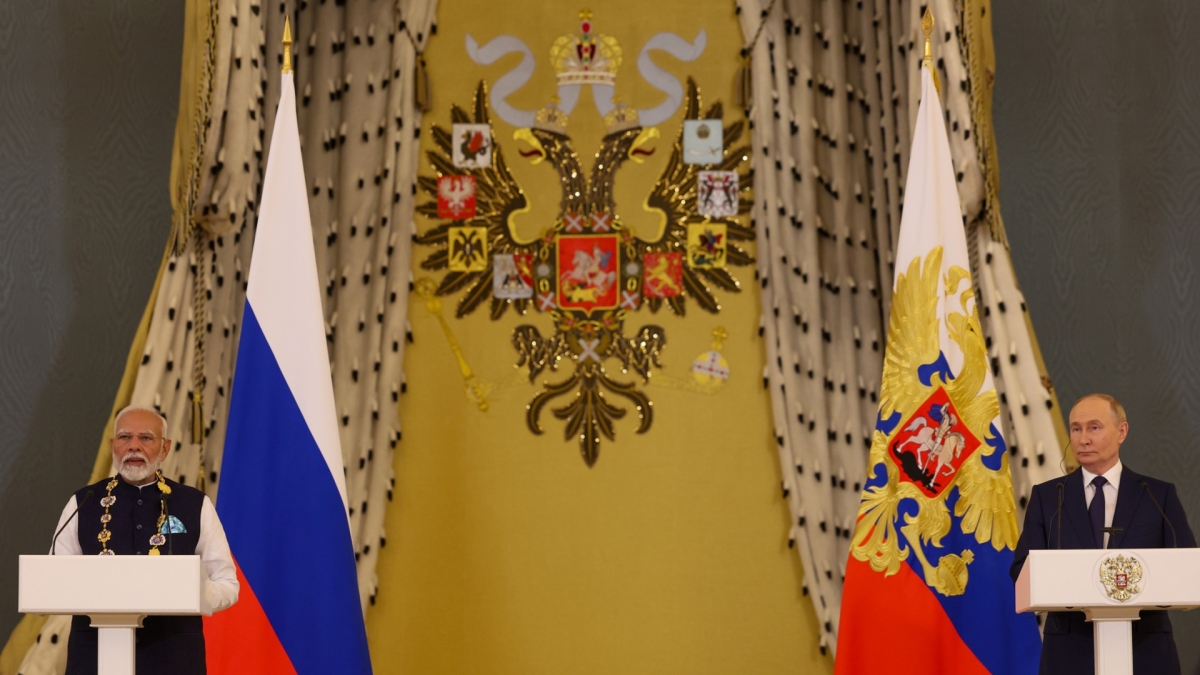 Top officials from India and Russia recently held a meeting to discuss strategic areas to improve their bilateral ties, which includes energy.
Top officials from India and Russia recently held a meeting to discuss strategic areas to improve their bilateral ties, which includes energy.According to the Indian government, Prime Minister Narendra Modi and Russian President Vladimir Putin have agreed to develop cooperation in key areas in energy, including nuclear energy, oil refining and petrochemicals. They also hope to expand cooperation and partnership in the field of energy infrastructure, technologies, and equipment.
India and Russia also agreed on the “[f]acilitation of mutual and international energy security, i.a. taking into account the prospects of global energy transition.”
Specifically in the coal sector, Modi and Putin also committed to looking into increasing the supply of coking coal, and exporting anthracite coal from Russia to India.
On nuclear energy, the leaders emphasised the importance of cooperation for the power source’s peaceful use. They also noted progress in the construction of the remaining nuclear power plant units at Kudankulam and agreed on adhering to the schedule, including to the timelines for delivery of supplies.
“Both sides noted the importance of further discussion on the second site in India in accordance with earlier signed agreements. The sides agreed to continue technical discussions on the VVER 1200 of the Russian design, localisation of equipment, and joint manufacturing of NPP components as well as on cooperation in third countries,” the Prime Minister’s Office said.
“The sides confirmed their intention to broaden cooperation in Nuclear Power including fuel cycle, life cycle support for operating KKNPPs and non-power applications,” it added.